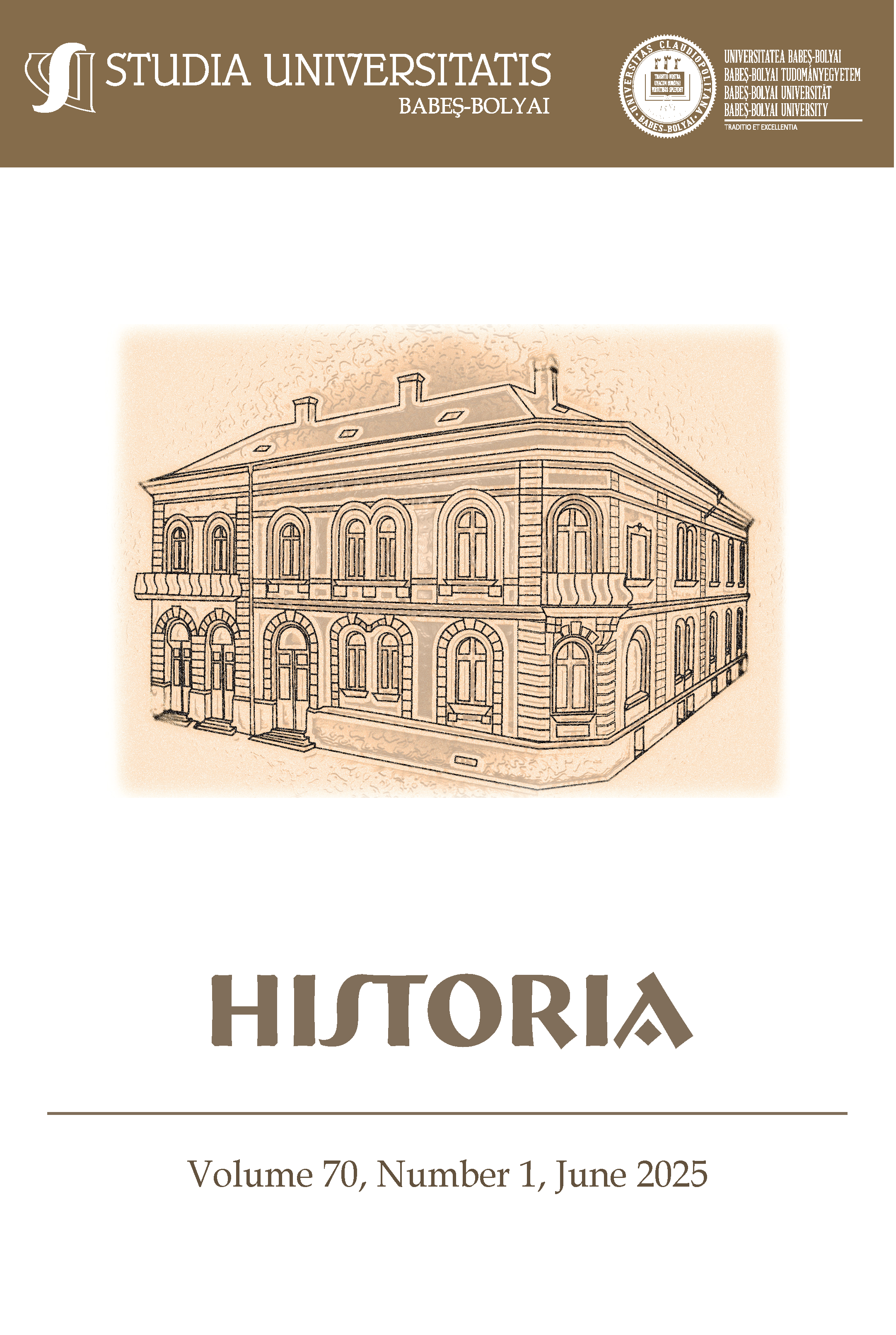Marius Turda, În căutarea românului perfect: specific național, degenerare rasială și selecție socială în România modernă [In search of the perfect Romanian: national specifics, racial degeneration and social selection in modern Romania], Iași, Polirom, 2024, 307 p.
Abstract
Professor Marius Turda’s work is a new and intriguing history of how the national character was defined after the formation of the modern Romanian state, with the upper limit of investigation set at the year 1950. Shaping national identity gradually became more problematic, as the process of finding a proper specificity gradually turned into one of distinguishing oneself from the Other; it became easier to say what a Romanian was not, rather than what a Romanian truly was. Turda analyses this process of identity distinction from two perspectives: on the one hand, antisemitism and racism, involving the exclusion (physically and spiritually) of Jews, Roma, and other ethnic minorities from the “body of the nation;” on the other hand, through eugenics and the identification of dysgenic elements and factors contributing to both individual and national degeneration. The peasant served as the leitmotif of all literary, philosophical, and cultural works concerning Romanian identity, so it also became central to scientific attempts to define the nation. Ultimately, culture and science gave rise to a form of scientism that sought to discover—and even improve—the Romanian. Doctors viewed things beyond the romanticized vision of rural life; the peasant needed to be civilized, and this process is described as “a true experiment of civilization, culture, and social selection, without which the Romanian state could not be conceived as national” (13). Beyond the individual peasant, rural families were seen as the wellspring of physical and moral national regeneration. Plans were drawn up to protect the nation’s biological capital, involving direct state intervention in the private sphere, a phenomenon known as biopolitics.
Downloads
Published
How to Cite
Issue
Section
License
Copyright (c) 2025 Studia Universitatis Babeș-Bolyai Historia

This work is licensed under a Creative Commons Attribution-NonCommercial-NoDerivatives 4.0 International License.



